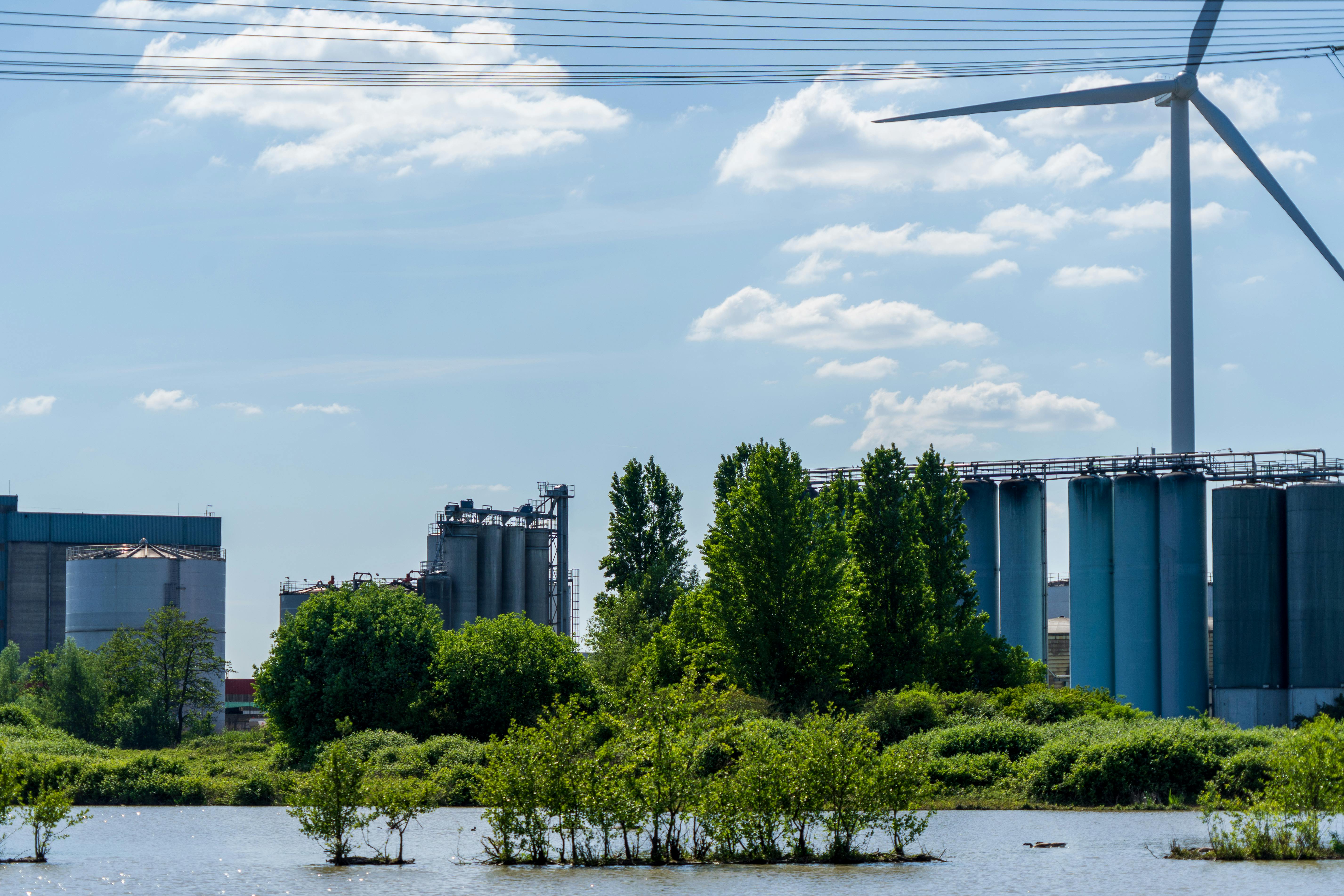Pioneering Strategies: Reinventing Business Growth through Industrial Ecology
In an era of rapid technological change and stringent environmental regulations, businesses are constantly seeking innovative strategies to stay ahead. One underexplored yet increasingly relevant approach lies in Industrial Ecology, the science of sustainable development at the intersection of industry and environment.

Industrial Ecology: A Historical Overview
Industrial Ecology (IE) is not a new concept. It first emerged in the late 1960s and early 1970s as environmental awareness grew and industries recognized the need for sustainable practices. Over the years, IE has evolved from a theoretical concept to a practical strategy that businesses worldwide are embracing for sustainable growth.
Current Trends in Industrial Ecology
In recent years, businesses are integrating IE into their strategies more than ever before. This trend is driven by several factors, including increased environmental regulations, growing consumer demand for eco-friendly products, and the realization that sustainable practices can lead to cost savings and competitive advantages.
Implementing Industrial Ecology: Impacts and Challenges
Implementing IE strategies has far-reaching impacts on businesses. It not only helps them reduce their environmental footprint, but also opens up new opportunities for innovation and growth. However, transitioning to IE is not without challenges, and businesses may encounter hurdles related to technological capabilities, regulatory compliance, and the need for a paradigm shift in their business models.
Industrial Ecology in Action: Case Studies
Many businesses are already leveraging IE for sustainable growth. For example, some companies are using IE principles to design products that can be easily disassembled and recycled at the end of their lifecycle. Others are integrating IE into their supply chains to reduce waste and improve efficiency.
Practical Insights: Applying Industrial Ecology in Business
- Start by understanding the principles of IE and how it can be applied in your specific industry context.
- Assess the environmental impact of your business operations and identify areas where IE strategies can be implemented.
- Collaborate with stakeholders, including suppliers and customers, to develop and implement IE strategies.
- Continually monitor and evaluate the effectiveness of your IE initiatives and make necessary adjustments.
Conclusion
Industrial Ecology offers a fresh approach to business growth, combining environmental responsibility with strategic innovation. While the journey to IE may be challenging, the potential rewards in terms of sustainability, cost savings, and competitive advantage make it a worthwhile endeavor for businesses aiming for long-term success.




